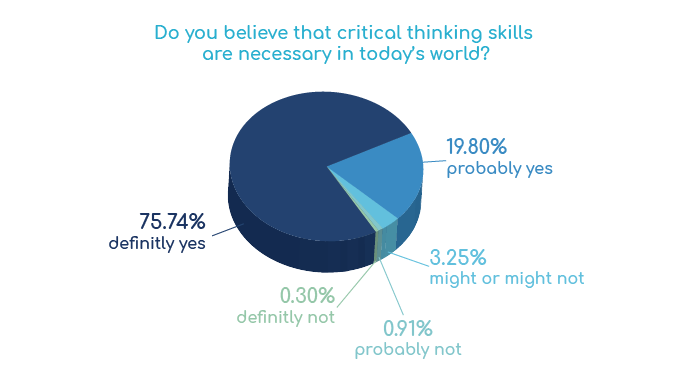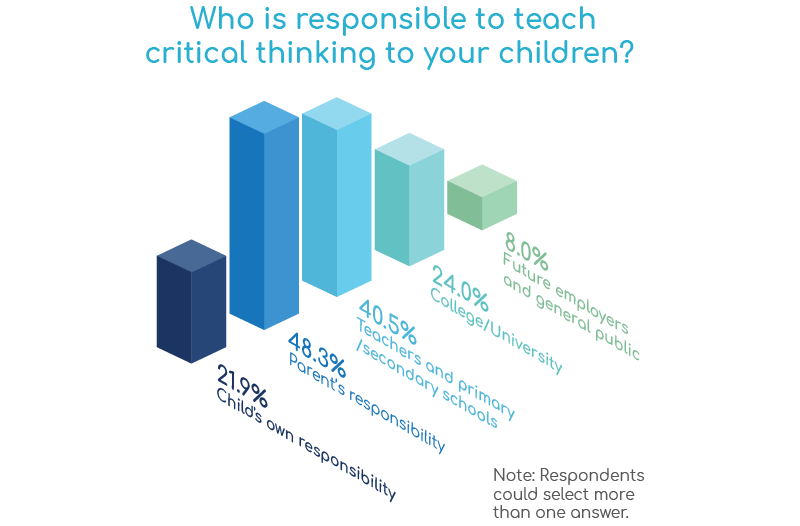Americans like to consider themselves open-minded and critical thinkers, but a new survey finds that few are and many more avoid talking to people with views they oppose.
A comprehensive survey from the Reboot Foundation, which promotes critical thinking, found that a broad 87 percent believe that considering an opposing view is an important and useful exercise.
But in reality only 25 percent are willing to regularly debate those who disagree with them, and another 24 percent said that they regularly avoid people with opposing views.
“In other words, many people claim they solicit the views of others. But, in practice, they don’t do nearly enough to ‘stress test’ their opinions, despite the wealth of evidence showing that engaging in opposing views is crucial to richer forms of critical thinking,” said the report provided to Secrets.
Titled, “The State of Critical Thinking: A New Look at Reasoning at Home, School, and Work,” the report finds what many have experienced in the Trump era: Supporters and critics often avoid talking to each other, even in families, and often fall for fake news.

“In the end, our data suggests the public overestimates its willingness to engage views that are different than its own, a crucial part of being a good critical thinker. Without these critical thinking skills, we risk becoming bad choosers. When we don’t consider the available evidence, when we settle for what is ideologically comfortable, we make incomplete decisions and we risk polarization,” said the report authored by Helen Lee Bouygues, founder of Reboot.
At the center of her report is the problem with how critical thinking and mental challenges are approached in the country.
It has become worse with the explosion of social media and the inability of some to decipher fact from fiction. And it escalates in an “echo chamber” where those who want to believe even false stories promote them online.
Among the key findings, three-quarters of Americans believe that critical thinking is vital, but they are concerned that younger people lack the skills. They blame poor education, technology, and a lack of parental teaching.

“While it is encouraging that many Americans believe that critical thinking is a shared responsibility, the lack of consensus over what inhibits it as well as how and when to teach it helps explain why people often don’t acquire better thinking skills. It is a problem of too many cooks in the critical thinking kitchen: with everyone in charge, no one is in charge,” said the report and survey.
In an example of poor critical thinking and research, the survey found that 40 percent read only blogs and social media instead of established sources of news. And they often rely on just once source, a far cry from the days where homes received magazines and two daily newspapers and watched network TV news.
“According to our survey, only 33 percent of respondents examine more than five results during an Internet search. This means that two-thirds of people rely on very limited number of sources while doing online research,” said the report.
And it warned, “without robust approaches to thinking, we risk deepening our own biases. We risk becoming susceptible to ‘fake news,’ conspiracy theories and phishing scams. We risk increasing polarization, partisanship and infighting among the biggest challenges we face as a nation.”

